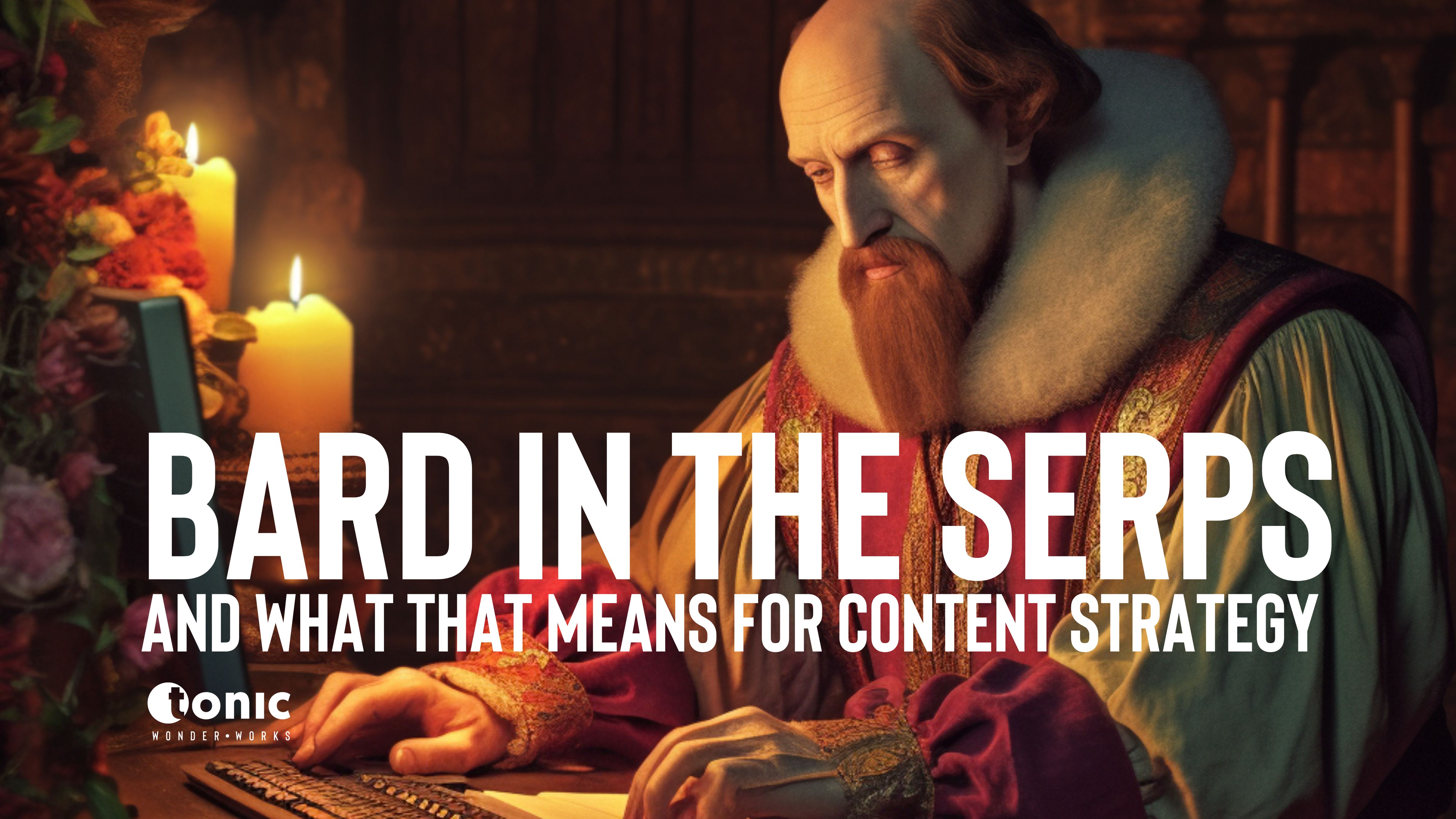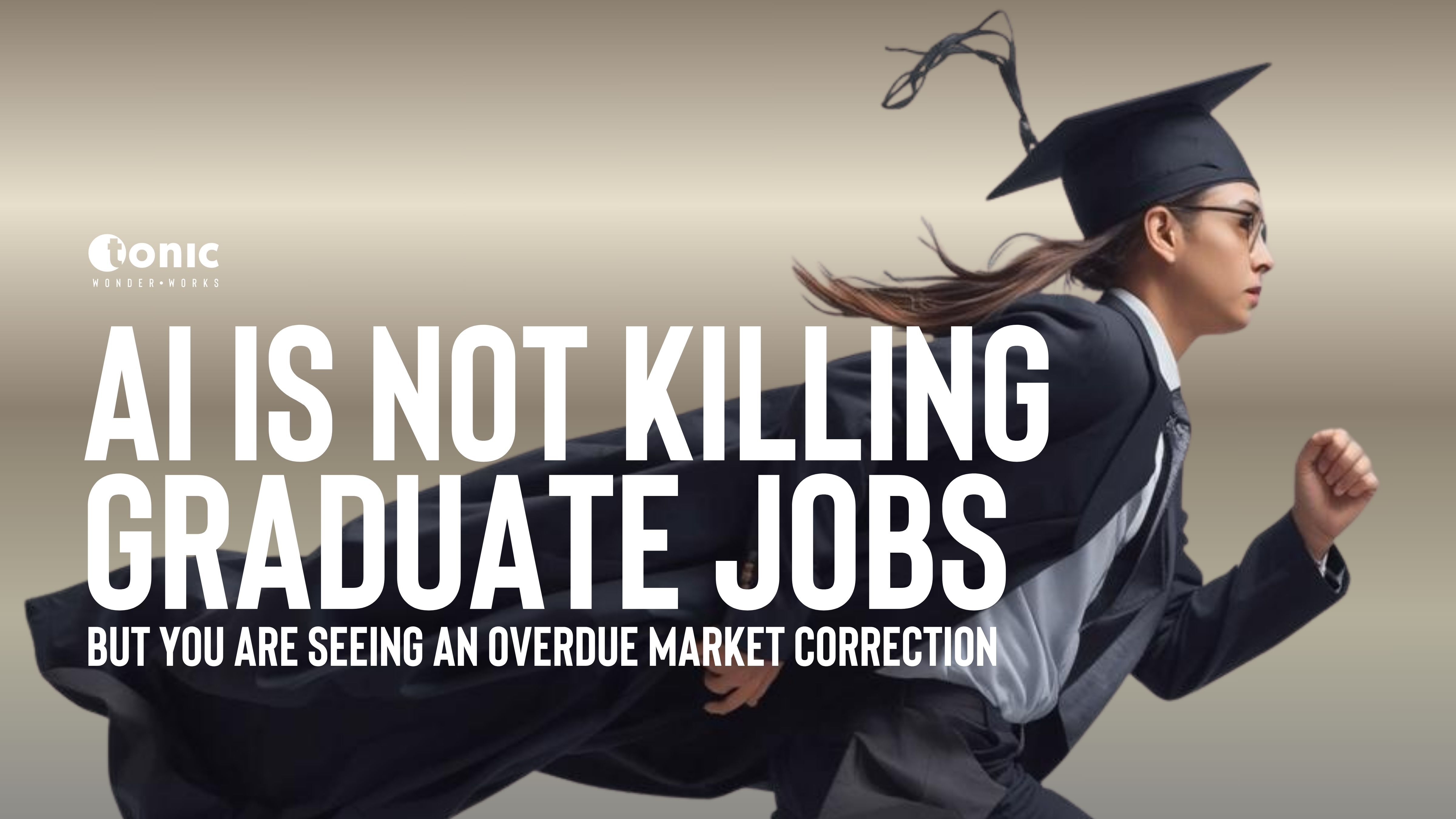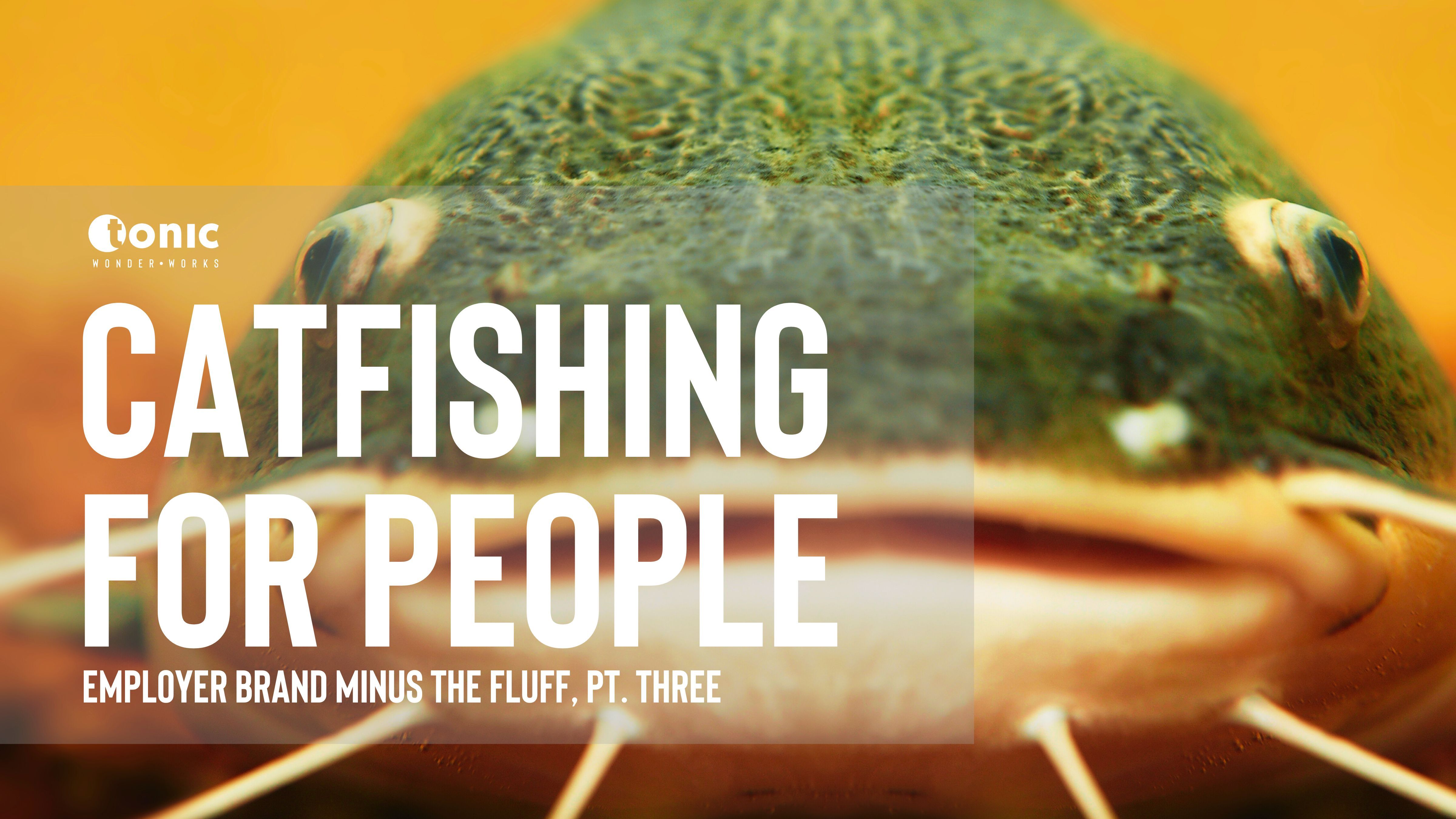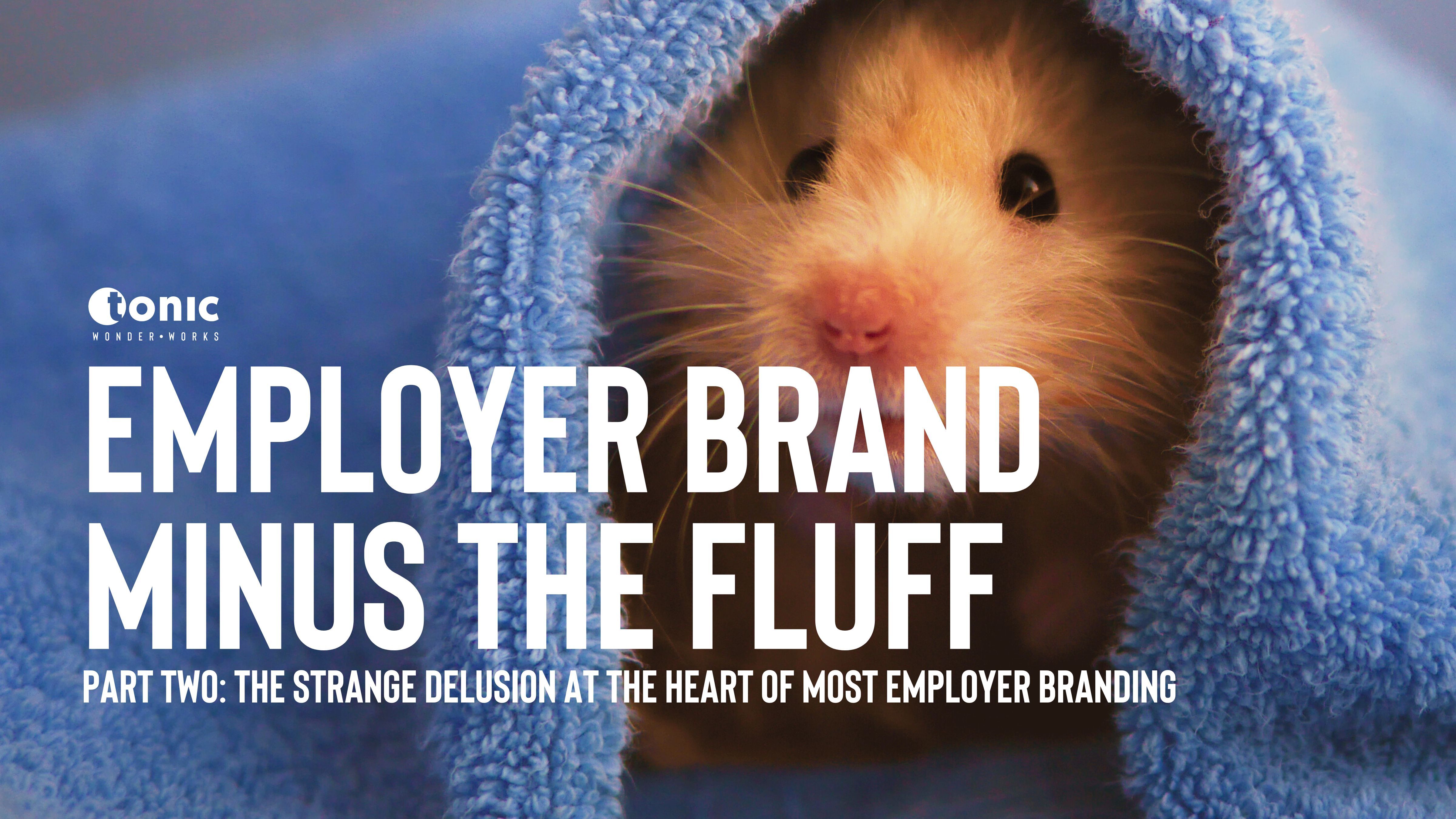It’s not Shakespeare but Google’s Bard is bringing something new to the search stage. Introducing generative AI to our beloved search engine, Bard will potentially change how we think about SEO and content.
The pace of change in marketing is astronomical in recent years, and AI has really kicked that up a gear. It’s a turbulent time - in just a few short months we’ve gone from reading about how ChatGPT will replace us to marketers lamenting ChatGPT is dead already (I don’t think it is).
A big question that remained was how AI will be taken on by big dogs, like Google. Until now. After last week’s sneak peek at the Google I/O 2023 event, we got a glimpse of what generative AI will look like in Google search. The demo answered some questions but raised many more.
Search is an essential part of any content strategy - so what will this new generative AI search mean for content marketing?
Bard will be incorporated into the Google search engine results page (SERPS)

The Google search platform will still work the same way and look pretty similar to users - see mock-up from Google. The aim they say is to take ‘more of the work out of searching’ by delivering a range of viewpoints and insights on a topic.
The good news for content marketers is the generative AI is still linking back to web pages and content sources meaning that keywords embedded in your content will still drive traffic.
Content quality will be more important than ever
Content quality trustworthiness is likely to play a big part in what content is suggested by Bard. Google’s content quality Expertise-Experience-Authority-Trustworthiness guidelines and people focus content recommendations will be incredibly important as Bard is likely to pull in the top 3-5 search results.
Mentions from other pages (off-page brand signals) such as media mentions as well as links from other pages (backlinks) will become even more important as Google Bard tries to assess your trustworthiness by seeing what other spaces are saying about your brand.
Really knowing your audience is key
Bard will be able to answer a wider range of questions, asked in more natural and human ways. Take the example question Google showed: “What's better for a family with kids under 3 and a dog, Bryce Canyon or Arches?”. That’s a very natural question, and not tailored for an answer in search like it usually would be. AI takes this ‘messy’ question and gets to the core of it.
Bard also suggests follow-up questions like ‘How long to spend at Bryce Canyon’. This will allow the search to grow and develop naturally.
With this in mind, we should all be thinking about our target audience(s) and what questions they will naturally be asking when they’re not restricted by using ‘search language’. And indeed, what follow-up questions will come from that? How will your content be able to answer their questions?
Content diversity is going to keep growing
Content isn’t just blogs. I say that all the time, and yet content still get puts in that box. Recently we’ve seen SERP links be a mix of pages, videos, ads, features like ‘Featured Snippets’ and ‘People Also Ask’, Medium, LinkedIn, Reddit threads and TikTok videos. This diversity of types of content to answer a search request is only likely to continue with generative AI in search.
So, don’t just tell your story through one content format, diversify.
You can still pay to play
Google ads aren’t going anywhere and there will still be ad space through the search engine results page.
My conclusion - it’s nothing to be scared of, and ultimately generative AI in search will encourage content to be better, it’s just another reason to put the effort in.





